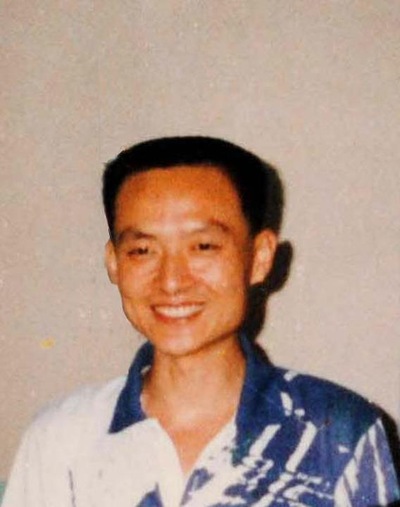(Minghui.org) Traditional Chinese culture believes in the harmony between heaven and earth. When there is major injustice or calamity in the human world, unusual phenomena may occur such as a summer snow or thundersnow.
One of the best known examples was Dou’e Yuan (Injustice Suffered by Dou’e), a play written by Guan Hanqing (1241-1320) in the Yuan Dynasty. After Dou’e was wronged and executed, it snowed in June (which corresponds to July in the Western calendar), followed by a three-year drought.
Similar incidents have also happened in our contemporary society. Below are some examples.
Beijing: Snow in June 1999
The Chinese Communist Party (CCP) established the 610 Office on June 10, 1999 in its attempt to eradicate Falun Gong, a meditation system based on the principles of Truthfulness-Compassion-Forbearance. It snowed in Beijing four days later. According to the Morning Post in Beijing, many people in Haidian District witnessed this rare phenomenon at 11 a.m., which lasted 20 minutes.
About one month later, then CCP leader Jiang Zemin openly launched a nationwide campaign against Falun Gong. Under the direction of Jiang and the 610 Office system, China's law enforcement, procuratorate, and courts have been arresting, indicting, and sentencing Falun Gong practitioners for their belief over the past 20-plus years. Many practitioners have been subjected to physical torture, psychiatric abuse, or even forced organ harvesting. Over 4,300 practitioners are confirmed to have died as a result of the persecution, though due to the CCP's information blockade, the number is likely to be much higher.
Hebei Province: Snow in June 2001
Mr. Zuo Zhigang, 33, was a Falun Gong practitioner in Shijiazhuang City, Hebei Province. As a technician for a home electronics store, Mr. Zuo was warmhearted and always willing to help others.
He was arrested and taken to the Xinghua Police Station on May 30, 2001, the day before his wedding. The next day, Mr. Zuo’s family was notified by the police that he had died the night before.
Police claimed that Mr. Zuo committed suicide by hanging himself from the door. But the family doubted how this 1.72-meter (about 5’10”) man could do so on a 1.6-meter-tall door (about 5’5”). In addition, the rectangle-shaped mark on his neck could not be explained by police. Furthermore, police did not issue a death certificate and instead urged the family to cremate the body.
 Mr. Zuo Zhigang, 33, died under suspicious circumstances after being detained overnight by the police.
Mr. Zuo Zhigang, 33, died under suspicious circumstances after being detained overnight by the police.
Local residents were also shocked as to how a polite, respectful young man could suddenly die just hours after being arrested. Many of them believed that the sudden weather change on the day of Mr. Zuo’s death hinted at the injustice done to him. Shijiazhuang had been experiencing hot temperatures for days, but it suddenly became very cold on May 30, 2001, the day of Mr. Zuo's death. An area near Shijiazhuang saw more than one foot of heavy snow. Shijiazhuang was then hit with bubonic plague.
Recent Unusual Phenomena
After the coronavirus broke out in Wuhan, the continued cover-up by CCP officials allowed the epidemic to quickly spread throughout China as well as over 27 other countries. As the international community questioned the accuracy of data on reported cases and deaths, news came that some textile factories in China are switching from making clothing and masks, to making body bags.
A video is circulating online in which three dead children were placed in the same body bag by medical staff due to a supply shortage. A company owner in a Western country said his business partners in China have stopped taking orders, because they were ordered by the government to make one million body bags.
At noon on February 13, a loud thunder-like sound in the area of Wuhan shocked local residents. People in Jiangxia, Optics Valley (Donghu New Technology Development Zone), South Lake, and other nearby regions reported hearing the sound. Some attributed it to thunder and some suspected it to be an earthquake.
That night it began to rain in Beijing, which saw snow the following day. Near South Fourth Ring Road of Beijing, a video showed snowflakes all over the sky, accompanied by thunder and lightning.
Thundersnow is very rare in China. Similarly, thunder in January (China’s lunar calendar) is also considered bad luck in China and is often associated with calamity.
By documenting these unusual phenomena, we hope that people will have a better understanding of what is going on and follow the path to safety in the face of the coronavirus.
Category: Wuhan Virus








